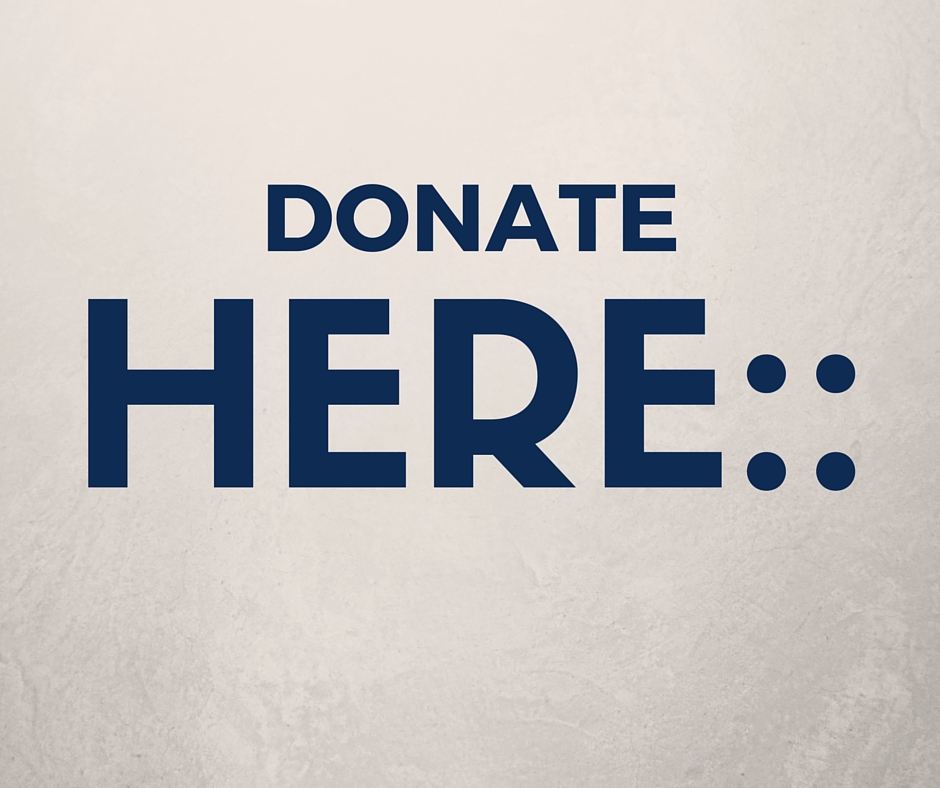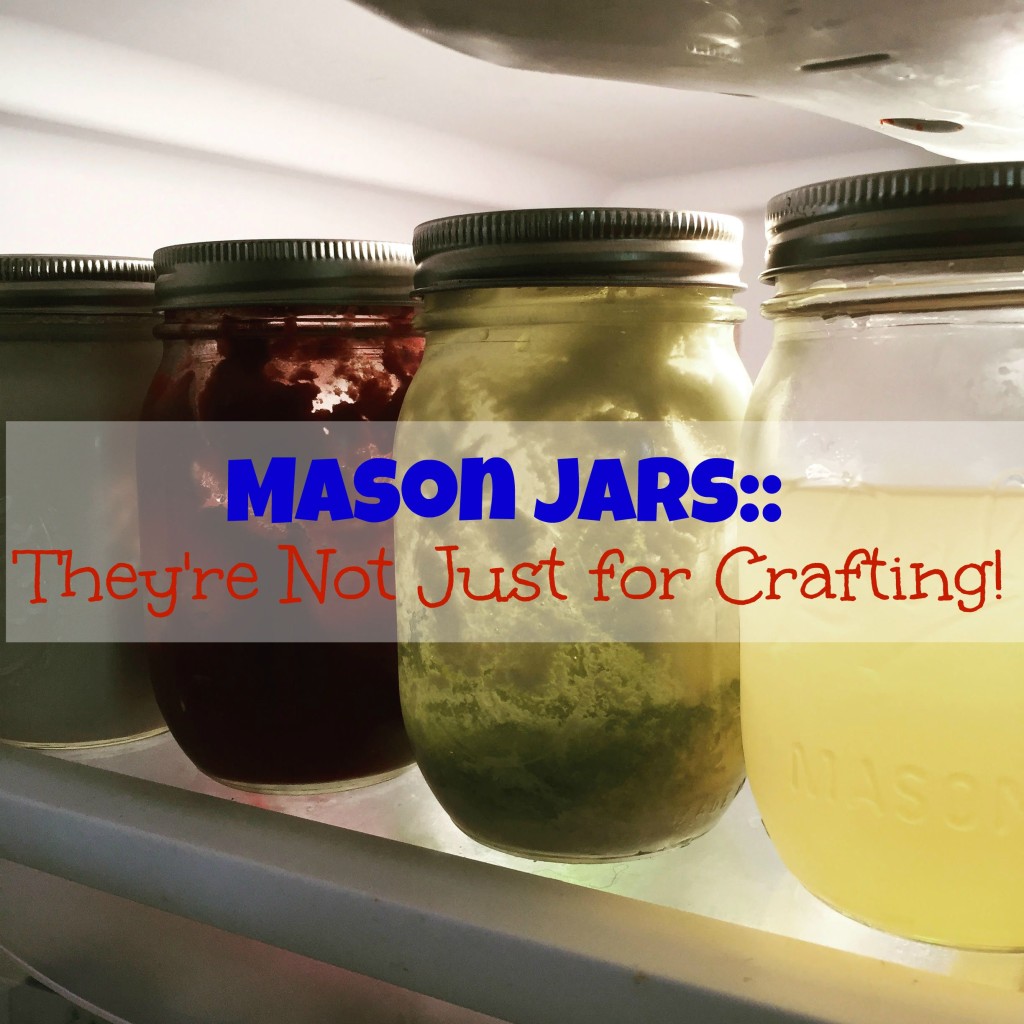Motherhood comes with a host of choices about what is best for you, your family, and your children. We at Boston Moms Blog are a diverse group of moms who want to embrace these choices instead of feel guilty or judged for them! Our “Parenting Perspectives” series is currently focused on discipline.
As parents, we receive all kinds of advice — sometimes warranted, other times not. Sometimes helpful, other times hilariously bad. But it does seem that, for better or for worse, everyone with a child, grandchild, niece, nephew, or friend with a kid wants to tell you how to be a better parent.
Since my whirling dervish of a daughter, MG, was born I have received a couple of deeply helpful pieces of advice — the words that I pass along to other parent friends (sometimes unwarranted — sorry, guys).
Here’s the story of how I received one such piece of invaluable advice.
I was completely blindsided when MG threw her first red-faced, kicking-and-screaming-on-the-floor tantrum. All of a sudden, my easygoing, sweet, joyful baby was replaced by an inconsolable, demanding toddler. What’s a mama to do? I sought out my favorite sources — friends, the internet, and our pediatrician.
All of them said the same thing:
Ignore her.
Essentially. They said, in effect, “Make sure she is in a safe space, then ignore her.”
For some reason, that just didn’t sit well with me. Here was my little girl with these big desires and without the tools or language to “appropriately” share those things with me — that broke my heart in itself. So how, when I am already hurting with her, am I supposed to ignore what she is trying to tell me? But at the same time, I didn’t want to indulge her behavior by coddling and giving her positive attention.
I mulled it over and thought it through, and I just couldn’t figure out how to handle these loud, jarring episodes. I felt like it was constantly on my mind — I was always anxiously anticipating the next tantrum.
Then one day, I casually mentioned MG’s tantrums and my discomfort with the “ignoring tactic” to a dear friend who is a Christian family counselor. And the advice she gave me has completely changed the way I parent. She said:
 “Yes, you do need to let her work through her frustrations on her own, but before you do, make sure she knows you love her.”
“Yes, you do need to let her work through her frustrations on her own, but before you do, make sure she knows you love her.”
What a breath of fresh air! Something settled inside me at the thought of compassionate presence with my daughter while she works through these challenging emotions. This felt right.
And everything has changed in our house since then.
Showing someone you love them, in my opinion, means so much more than saying the words, “I love you.” It’s about empathy and standing with someone in their pain and their joy (and, let’s be honest, when it comes to toddler tantrums, there’s a lot of pain). Letting MG know I love her when she starts to get frustrated sometimes takes more patience and awareness than I feel I have available — it is definitely hard work. But it is so worth it!
Here’s how this often plays out. MG starts to get upset, say, because it’s raining and we can’t go jump on the trampoline. She screams, “BOUNCE! BOUNCE! BOUNCE!” and jumps by the door as she pounds on it. I begin to feel my own anxiety and frustration well up, but I take a deep breath, get on her level, and say, “I can see that you want to go outside and jump on the trampoline. We aren’t going to do that right now. I understand that it’s frustrating.” Then, I walk away.
Sound like a bit much for a toddler? I can relate. But I’ll tell you… it’s worked. Tantrums are definitely shorter, and, more often than that, they’re non-existent.
Since making this change, I have reflected a lot on the type of parent I want to be. In just about every way, I believe we need to model for our children the types of people we want them to become. I want MG to be patient, kind, understanding, and joyful even in the hard times, and I think this solution to her tantrums gives her a clear picture of all of those things.
I also believe that we each choose what we believe is the best way to parent our children. We all have different philosophies, emotional bandwidth, time, and energy. At the end of the day, what is most important is that we choose to have grace with ourselves, acknowledge and appreciate that we are doing our absolute best, and enjoy our little ones — playful balls of joy or ticked-off little weasels they can be!
So, what has worked well for you in handling your toddler’s tantrums?















